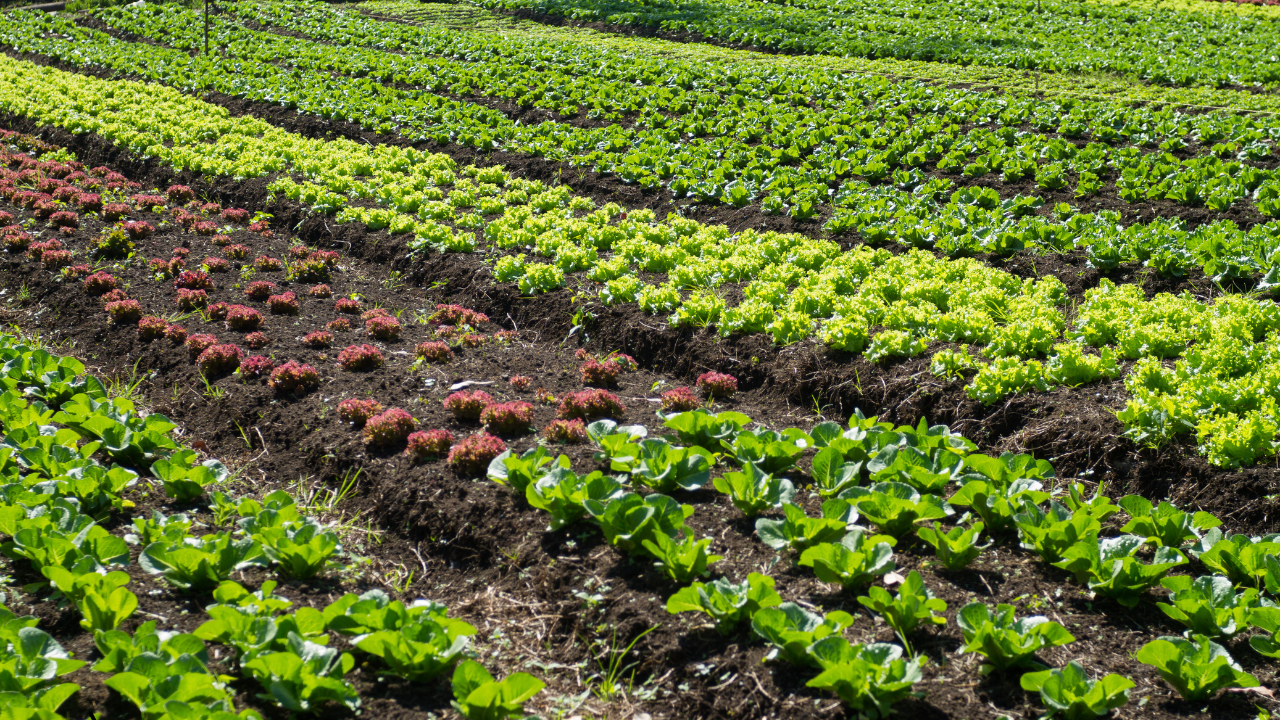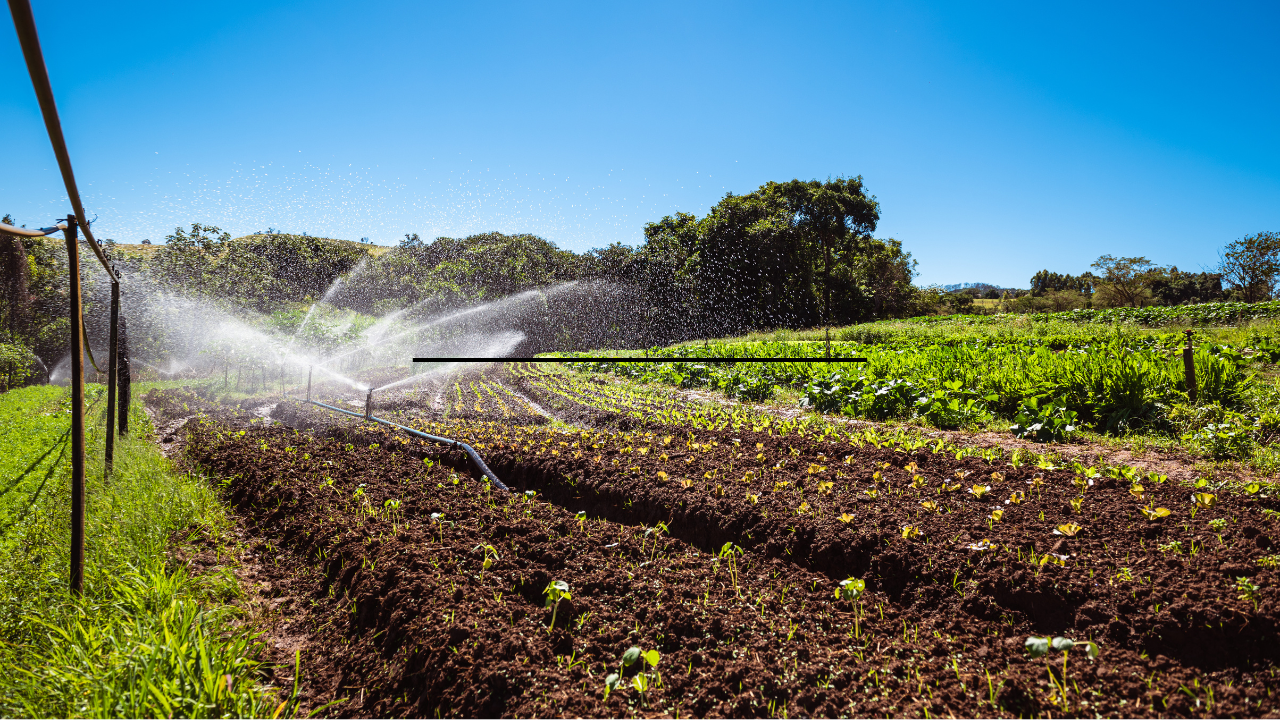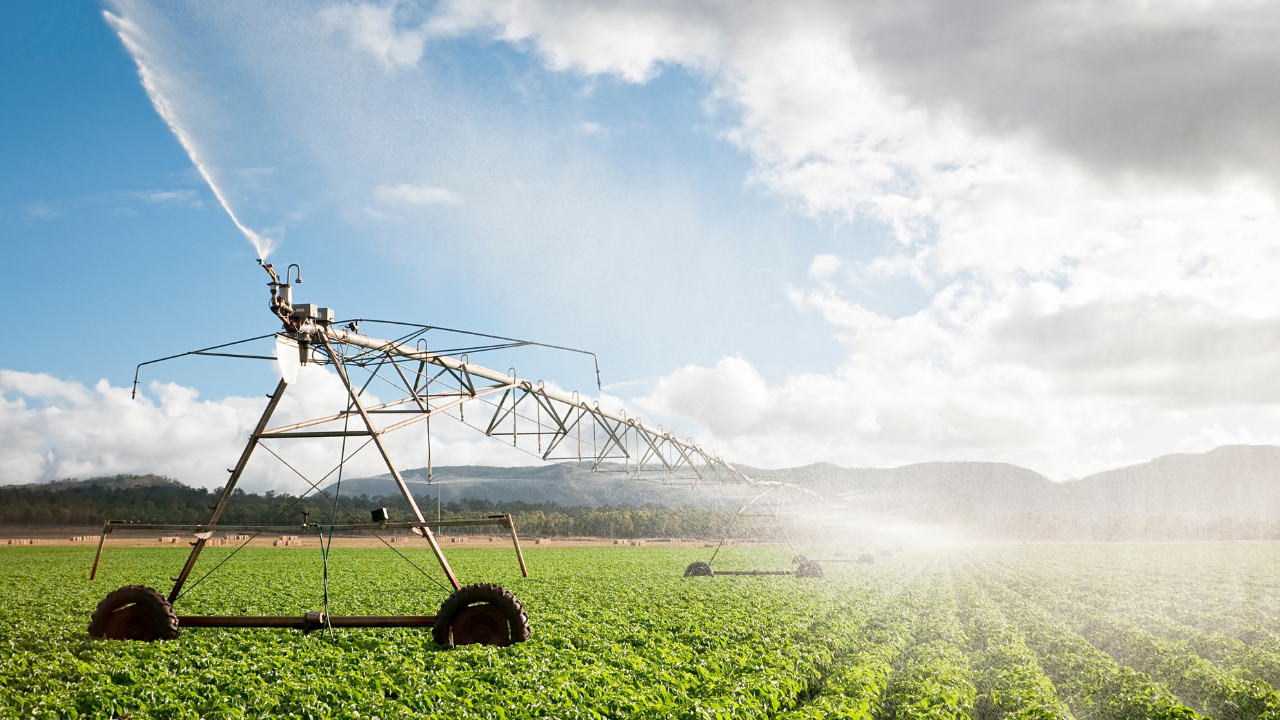Understanding Digital Transformation in Agriculture
The agricultural sector is undergoing a seismic shift as digital technologies redefine traditional farming practices. This transformation, often referred to as "smart farming," incorporates innovative tools and techniques that enhance productivity, efficiency, and sustainability. As the global population continues to rise, the need for increased food production has never been more pressing. Consequently, digital transformation is not just a trend; it’s a necessity for the future of farming.
Smart Farming Tools: Enhancing Management and Efficiency
Smart farming tools, especially mobile applications, are at the forefront of this digital transformation. These applications enable farmers to monitor and manage their operations efficiently, providing functionalities such as crop management, yield forecasting, and supply chain optimization.
Benefits of Farm Management Applications
- Data Collection and Analysis: Farmers can collect data on soil health, weather conditions, and crop growth, allowing for informed decision-making.
- Real-Time Monitoring: Many applications offer real-time insights, enabling farmers to respond quickly to emerging issues, such as pest outbreaks or irrigation needs.
- Resource Management: These tools help optimize the use of resources, ensuring that water, fertilizers, and labor are used efficiently.
By integrating applications into their workflows, farmers can streamline operations and improve crop yields. For instance, a farmer using a farm management app can adjust irrigation schedules based on soil moisture data, directly impacting productivity.
Sensors: Precision in Irrigation and Fertilization
Sensors are another key component of digital agriculture, providing critical data that informs various aspects of farming. By utilizing sensors, farmers can monitor soil moisture, temperature, and nutrient levels, which allows for precision farming techniques.
Types of Sensors and Their Applications
- Soil Moisture Sensors: These devices measure the moisture content in the soil, helping farmers determine the optimal times for irrigation.
- Nutrient Sensors: They analyze soil composition and nutrient levels, ensuring that crops receive the appropriate fertilizers at the right time.
- Weather Sensors: By collecting weather data, these sensors help farmers anticipate adverse conditions and adapt their practices accordingly.
The integration of sensors into irrigation systems significantly enhances efficiency. At Alhandasih.com, our irrigation hoses can be paired with advanced sensor technology, allowing for automated irrigation based on real-time soil moisture readings. This not only conserves water but also improves crop health.
Robotics and Drones: Transforming Agricultural Operations
Robotics and drones are revolutionizing how farms operate by automating labor-intensive tasks. These technologies are particularly beneficial for large-scale operations where labor shortages and high costs are significant challenges.
The Impact of Robotics on Farming
- Automated Planting and Harvesting: Robotics can be programmed to perform tasks such as planting seeds and harvesting crops, reducing the need for manual labor.
- Weeding and Pest Control: Autonomous robots can identify and remove weeds or apply pesticides, targeting specific areas without harming the environment.
Drones: A Game-Changer in Agriculture
- Crop Monitoring: Drones can capture high-resolution images that highlight areas of stress or disease, enabling timely intervention.
- Precision Agriculture: By analyzing data collected from drone flights, farmers can apply inputs (like fertilizers and pesticides) more accurately, reducing waste and improving yields.
These innovations are not only increasing efficiency but also promoting sustainable practices. When farmers can monitor their fields from above, they can make more informed decisions that minimize environmental impact.
Success Stories: Real-World Applications of Technology
Numerous farms worldwide have successfully embraced digital transformation, resulting in improved productivity and sustainability. Here are a few notable examples:
- Kimbal Musk’s Farm: This urban farm in Colorado utilizes sensors and drones to monitor plant health and optimize water usage. By implementing these technologies, they have increased crop yields by over 30%.
- Precision Agriculture in Australia: Australian farmers are using smart irrigation systems that adjust water supply based on real-time data, leading to a 20% reduction in water usage without sacrificing yield.
- Vertical Farms in the Netherlands: These high-tech farms utilize robotics and controlled environments to grow produce, achieving significantly faster growth cycles and reduced pesticide usage.
These success stories underscore the potential of digital transformation in agriculture and highlight how investing in the right technology can yield significant returns.
Navigating Challenges in Technology Adoption
While the benefits of digital transformation in agriculture are clear, several challenges can impede its adoption:
- High Initial Costs: The upfront investment in technology can be daunting for many farmers, particularly smaller operations. However, the long-term savings often justify the costs.
- Lack of Technical Knowledge: Many farmers may feel overwhelmed by new technologies and lack the training to use them effectively. It’s crucial to provide education and resources to bridge this gap.
- Connectivity Issues: Rural areas may face challenges with internet connectivity, limiting access to cloud-based tools and real-time data.
- Resistance to Change: Some farmers may be hesitant to abandon traditional practices. Highlighting the success stories of peers can help overcome this resistance.
Addressing these challenges is essential for maximizing the benefits of digital transformation in agriculture. By providing support and resources, we can facilitate a smoother transition for farmers.
Looking Ahead: The Future of Agriculture
Digital transformation is poised to reshape the agricultural landscape in unprecedented ways. With advancements in smart farming tools, sensors, robotics, and drones, farmers can optimize their operations, reduce resource consumption, and improve crop quality.
At Alhandasih.com, we understand the critical role that irrigation technology plays in this transformation. Our high-quality irrigation hoses and supplies are designed to integrate seamlessly with modern farming practices, enabling efficient water management and maximizing crop yield.
As technology continues to evolve, the future of farming looks promising. By embracing digital transformation, farmers can not only meet the growing demands for food production but also contribute to a more sustainable and efficient agricultural system. Investing in technology today will pave the way for a more productive and sustainable tomorrow in agriculture.



